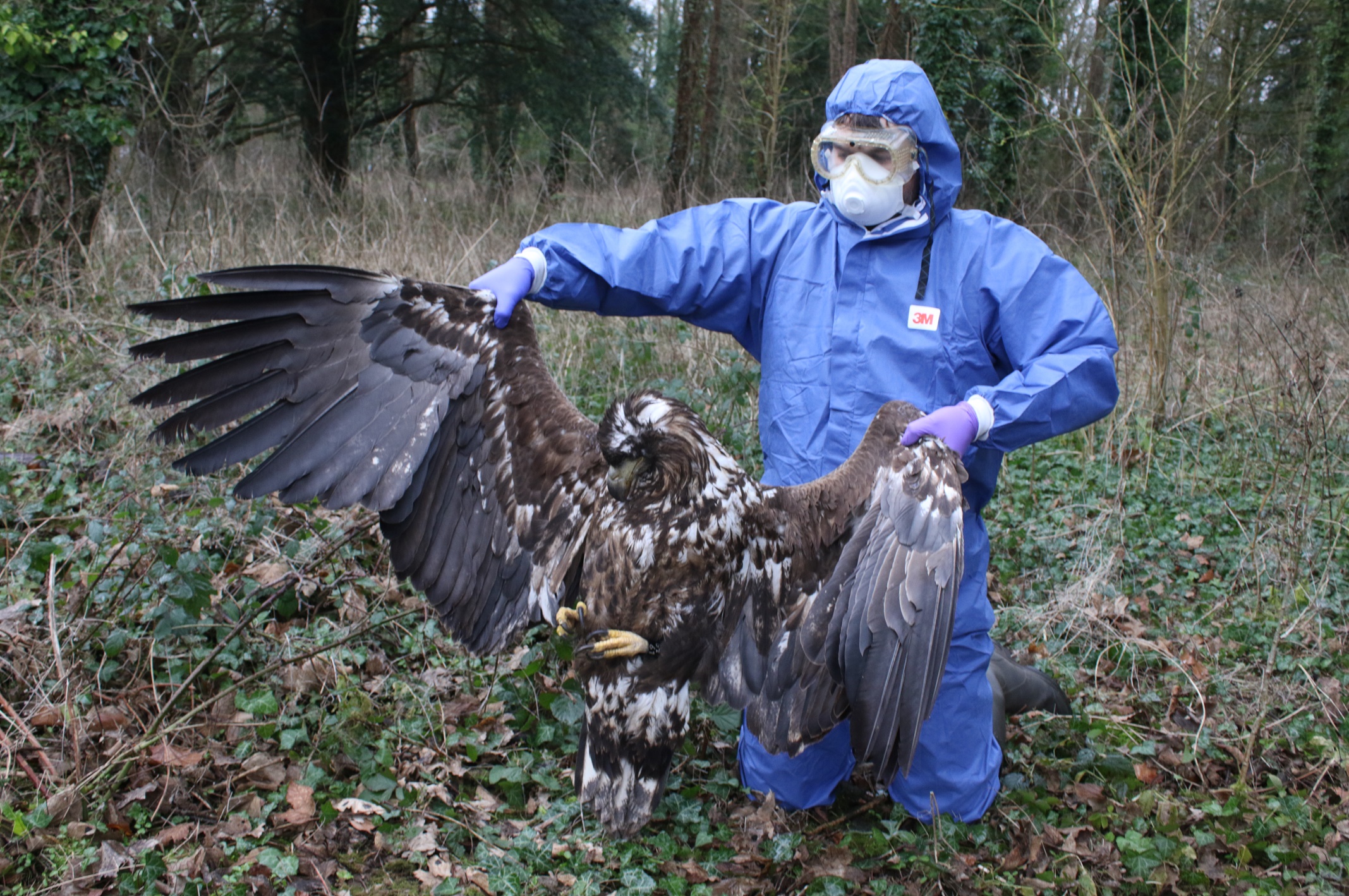Dorset Police drops investigation into poisoned White-tailed Eagle
Dorset Police has called off the investigation into a dead White-tailed Eagle that was poisoned at an undisclosed site in the county in January.
The bird was one of two eagles found deceased in suspicious circumstances in southern counties at the beginning of the year. The news attracted further controversy when Conservative MP for West Dorset, Chris Loder, criticised the police for using its resources to investigate the deaths.
However, it appears that Loder has got his way. A statement from Dorset Police, released on 29 March, read: "An investigation ... was carried out in conjunction with the RSPB, Natural England, National Wildlife Crime Unit and the Roy Dennis Wildlife Foundation.
"A detailed examination and tests have been carried out on the bird, which were inconclusive, and it has therefore not been possible to confirm that any criminal offence has been committed."
"While high levels of brodaficoum were detected, it has not been possible to establish whether this was the result of a deliberate act or due to secondary rodenticide poisoning.
"As a result, no further police action will be taken in relation to this report."

The White-tailed Eagle found dead in Dorset (Dorset Police).
The RSPB expressed its shock at the abrupt closure of the investigation, saying in a statement that it was "completely baffled" by the decision, adding: "Brodaficoum, the rodent poison that killed the eagle, is highly toxic and it is clear that it was being used either incompetently or with intent to kill raptors – either way, an illegal act."
The RSPB added that "a thorough land search had been planned on the estate in question to look for evidence such as poison baits or their misuse", but this was "inexplicably called off".
In a post on its blog, the Roy Dennis Wildlife Foundation shared the post-mortem results on the eagle, known as 'G461', revealing that it had consumed a large amount of poison. The organisation said: "The bird's liver contained approximately seven times the amount of brodifacoum required to kill a bird like a White-tailed Eagle. The satellite data indicates that the eagle, which was otherwise healthy, deteriorated and died over a period of several days."
The Foundation added: "EU Environmental Risk Assessments have previously concluded that second-generation anticoagulant rodenticides (SGARs) such as brodifacoum should not be permitted for external use because the environmental risk is too great. However, regulations around their use in outdoor settings in the UK have been relaxed in recent years, and we believe this could pose a significant risk to birds of prey and other wildlife."

